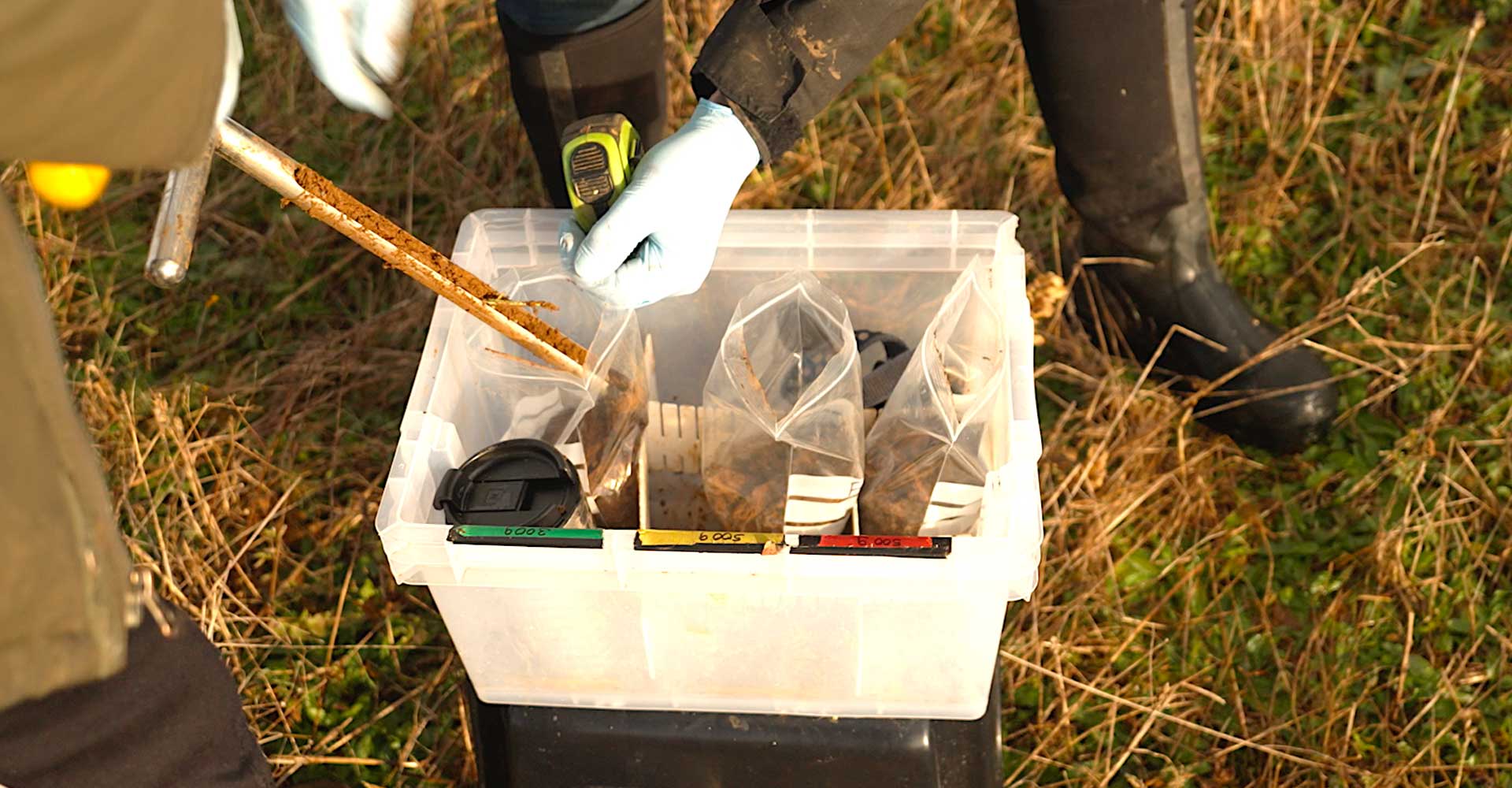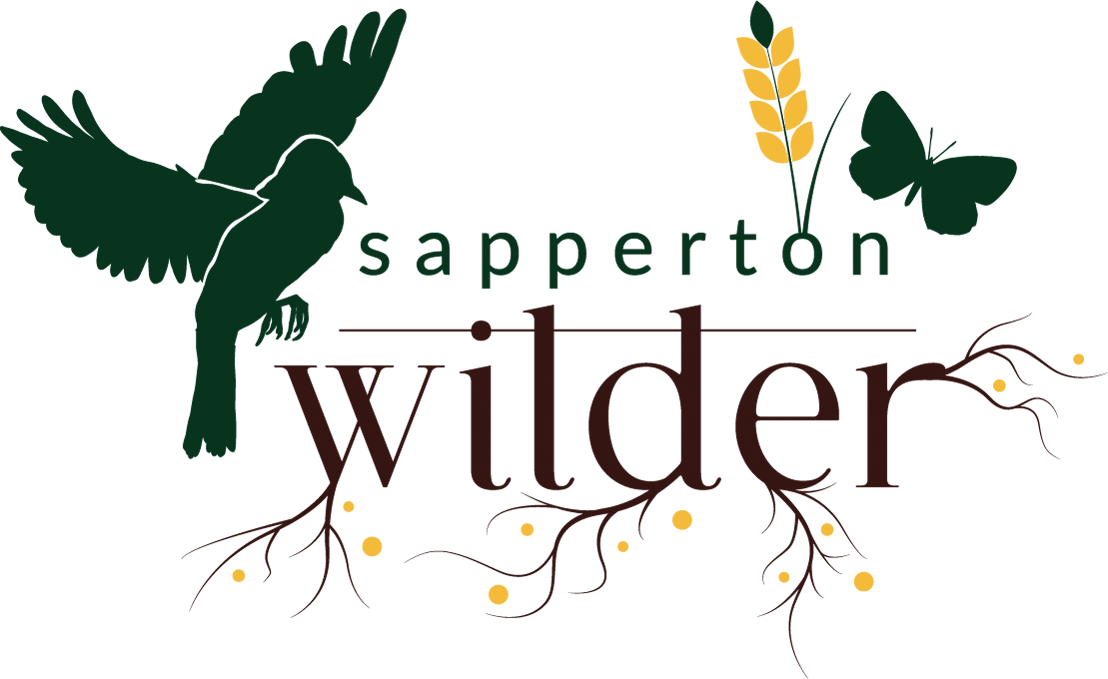Community science, or citizen science, refers to the collection and analysis of data relating to the natural world by members of the general public, typically in collaboration with professional scientists.
The process of gathering scientific data around biodiversity indicators enables members of the public to develop and learn new skills, forge a greater connection to place (known as topophilia) and build connections and community in the process. Simultaneously, large amounts of data are able to be collected.
Comprehensive ecological surveys can be very time consuming with varying degrees of skills required. Private landowners may find the cost of professional ecological services challenging alongside usual business outgoings.
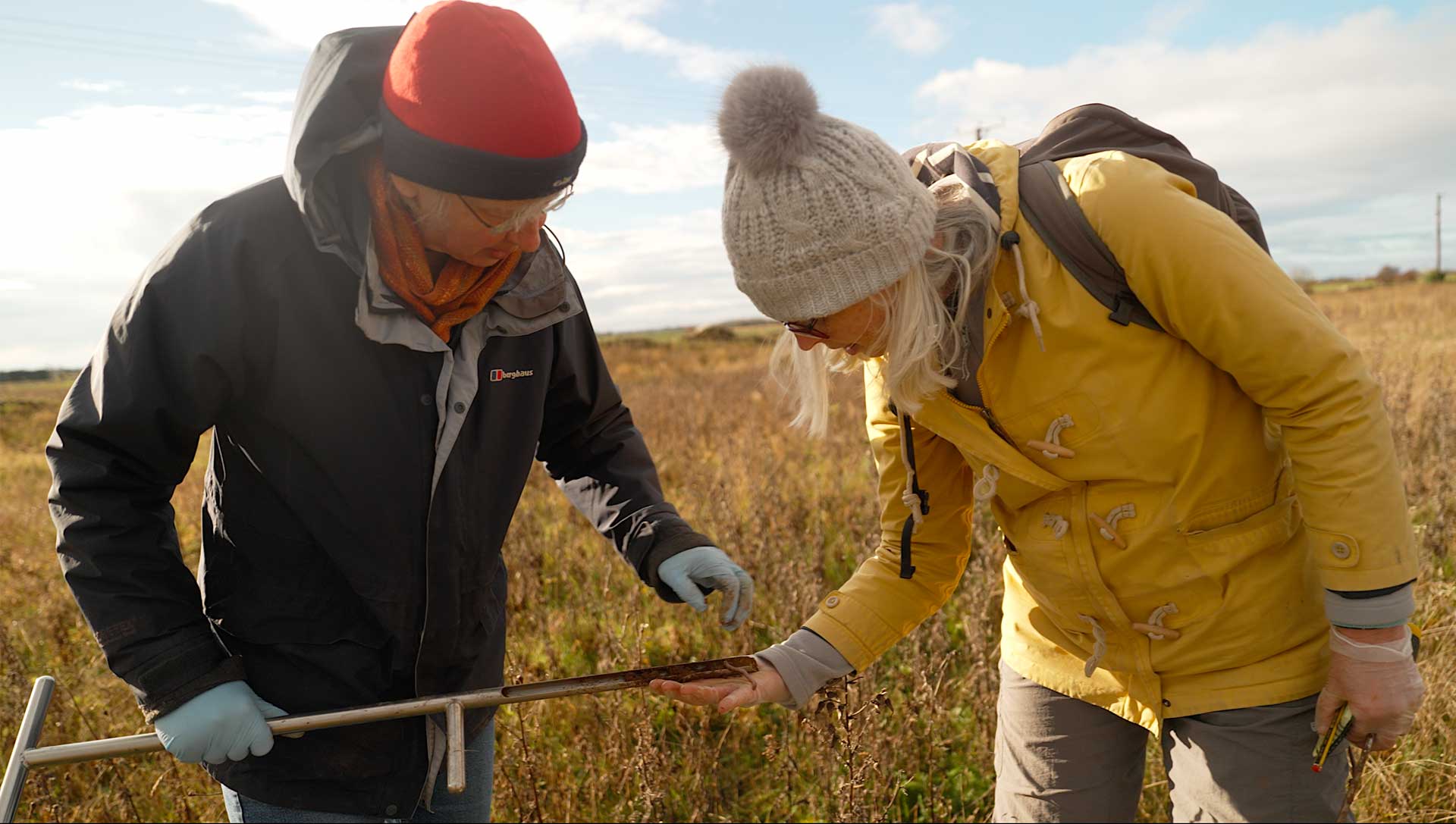
Access to natural capital markets including carbon and biodiversity payments is usually dependent on stringent reporting and there is a growing need to make reliable environmental data gathering less expensive. Citizen scientists helping to collect data sets can have an important role in understanding what is happening around the farm over time.
Sapperton Wilder is testing community science projects and aims to become a centre for excellence in the approach to community action and public engagement. The project is underpinned by local community involvement with programme co-creation core to achieving the vision.
For more information, please contact communityscience@sappertonwilder.co.uk or sign up to the mailing list.
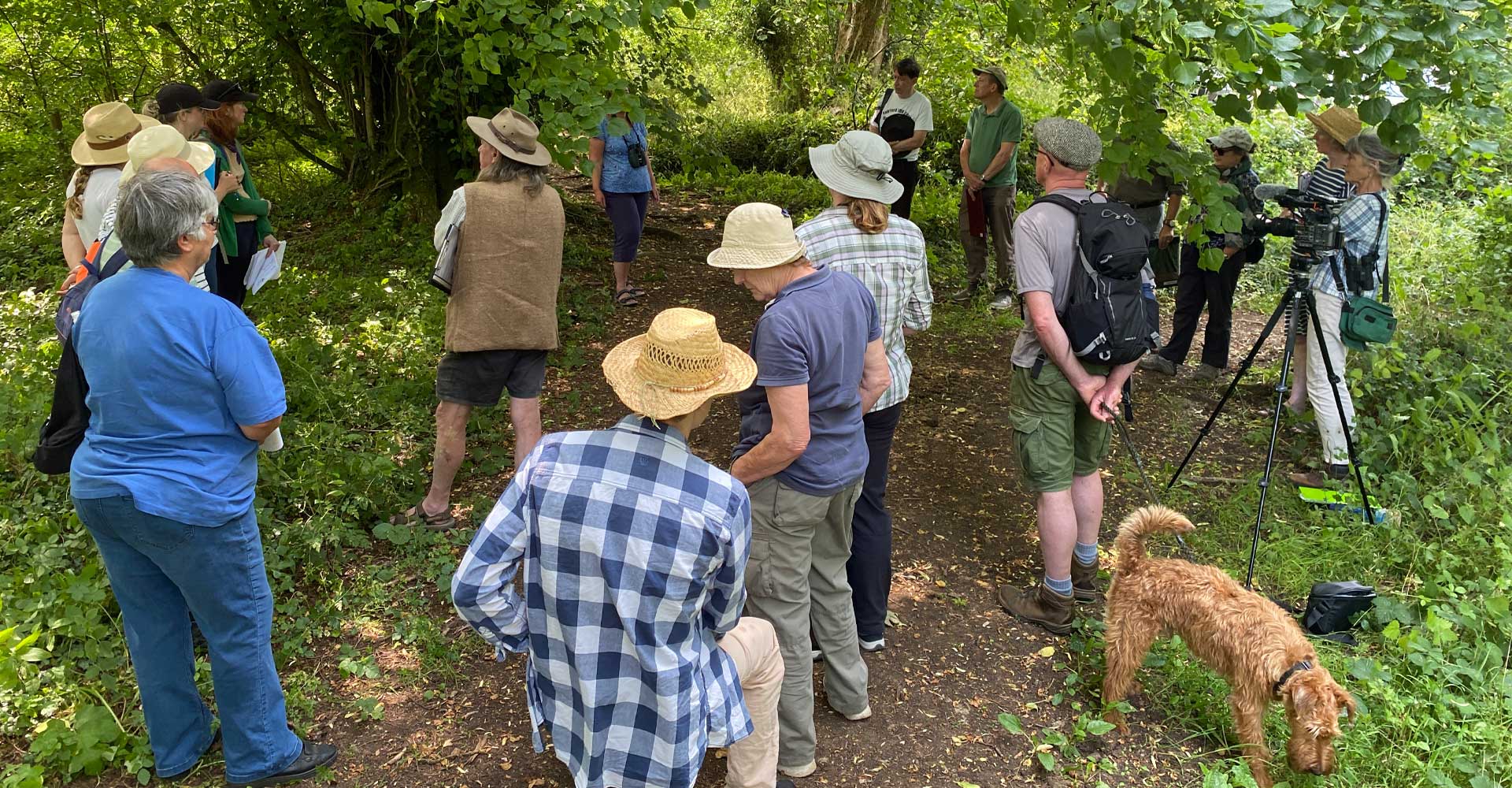
In addition to the hedgerow surveys, the local community of citizen scientists and volunteers have been instrumental in sampling soil, earthworms, planting trees, among other surveys. These processes are laborious and not easily achieved: without citizen scientists, we would not be able to achieve the volume of data required to support decision making.
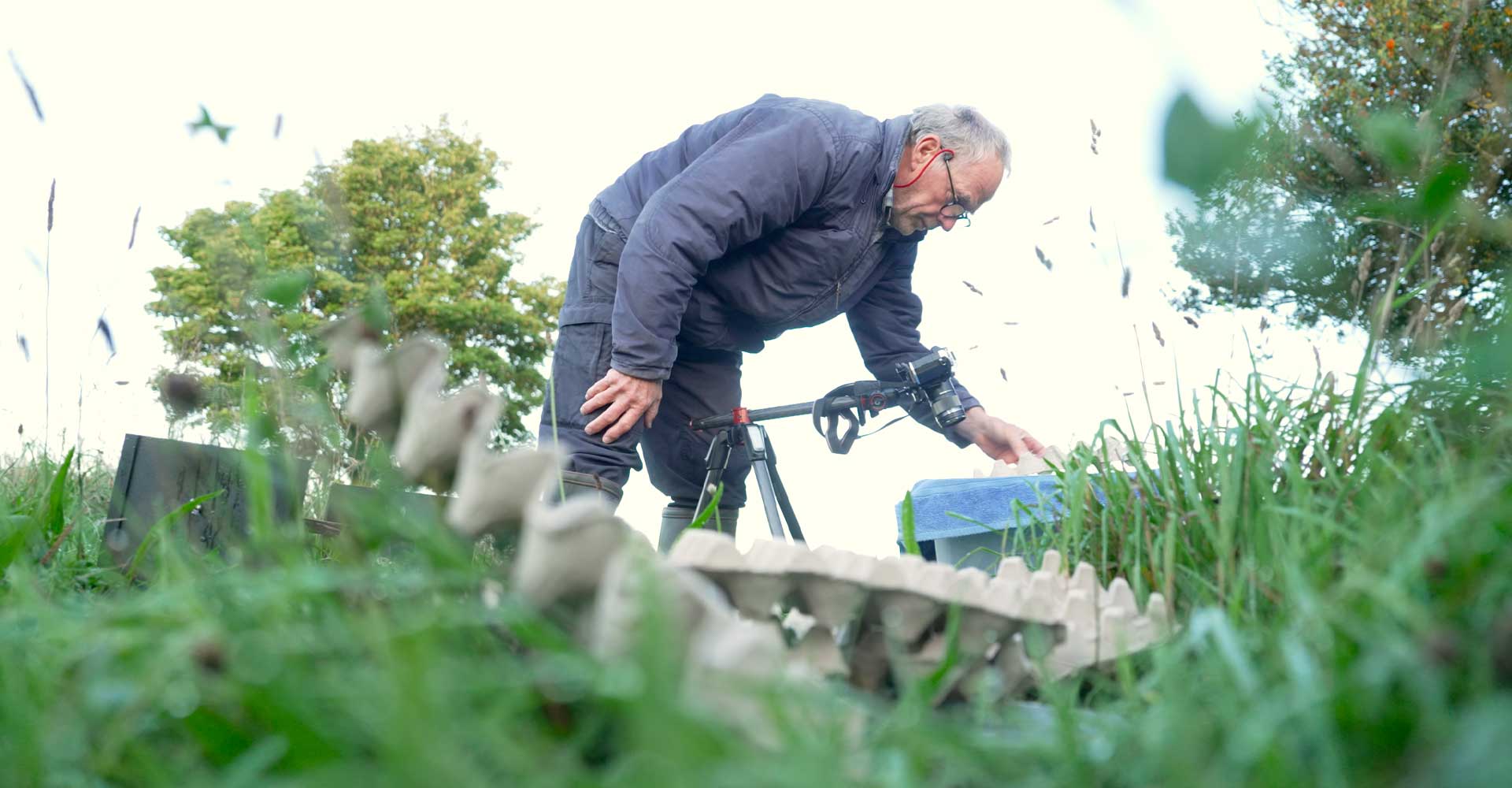
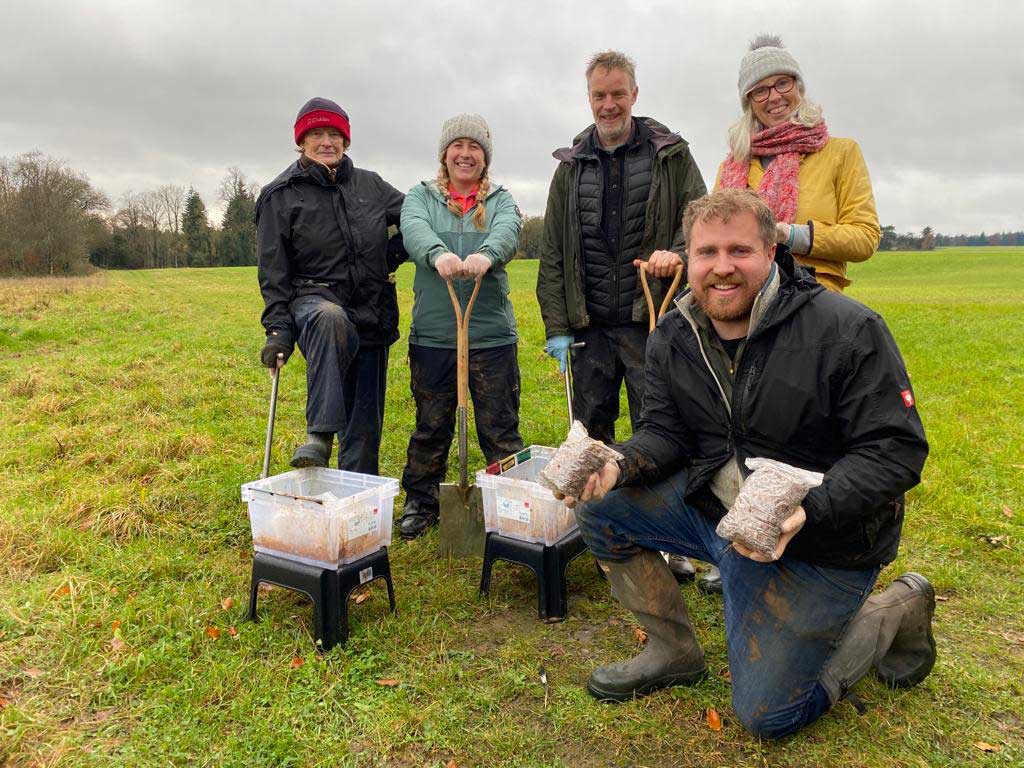
The project benefits greatly from a close collaboration with the Stroud Valley’s Project, a charity that supports people of all backgrounds, ages and abilities to connect with and nurture green spaces to keep people and nature thriving together.
For more information, please visit https://www.stroudvalleysproject.org
